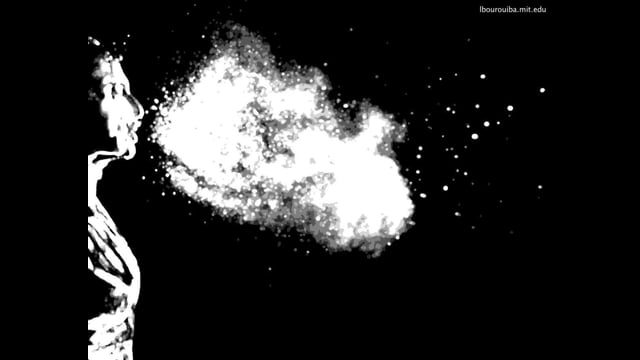- Parents Home
- Para Padres
- A to Z Dictionary
- Allergy Center
- Asthma
- Cancer
- Diabetes
- Diseases & Conditions
- Doctors & Hospitals
- Emotions & Behavior
- First Aid & Safety
- Flu (Influenza)
- Food Allergies
- General Health
- Growth & Development
- Heart Health & Conditions
- Homework Help Center
- Infections
- Newborn Care
- Nutrition & Fitness
- Play & Learn
- Pregnancy Center
- Preventing Premature Birth
- Q&A
- School & Family Life
- Sports Medicine
- Teens Home
- Para Adolescentes
- Asthma
- Be Your Best Self
- Body & Skin Care
- Cancer
- Diabetes
- Diseases & Conditions
- Drugs & Alcohol
- Flu (Influenza)
- Homework Help
- Infections
- Managing Your Weight
- Medical Care 101
- Mental Health
- Nutrition & Fitness
- Q&A
- Safety & First Aid
- School, Jobs, & Friends
- Sexual Health
- Sports Medicine
- Stress & Coping
What Makes Me Sneeze?
AHHH . . . CHOO!
If you just sneezed, something was probably irritating or tickling the inside of your nose. Sneezing, also called sternutation, is your body's way of removing an irritation from your nose.
When the inside of your nose gets a tickle, a message is sent to a special part of your brain called the sneeze center. The sneeze center then sends a message to all the muscles that have to work together to create the amazingly complicated process that we call the sneeze.
Some of the muscles involved are the abdominal (belly) muscles, the chest muscles, the diaphragm (the large muscle beneath your lungs that makes you breathe), the muscles that control your vocal cords, and muscles in the back of your throat.
Don't forget the eyelid muscles! Did you know that you always close your eyes when you sneeze?
It is the job of the sneeze center to make all these muscles work together, in just the right order, to send that irritation flying out of your nose. And fly it does — sneezing can send tiny particles speeding out of your nose at up to 100 miles per hour!
Massachusetts Institute of Technology (MIT) researcher Lydia Bourouiba and her colleagues are studying what really happens when a person sneezes. They're using high-speed imaging to film the cloud of droplets that a sneeze creates. Then, the Bourouiba Research Group uses math to analyze what's going on with all those droplets. They hope to learn more about how illnesses spread.

The Power of a Sneeze (Courtesy of MIT’s Bourouiba Group)
This video, provided by researchers at MIT, used high-speed imaging to show what happens when someone sneezes or coughs.
Most anything that can irritate the inside of your nose can start a sneeze. Common causes include dust, cold air, or pepper. When you catch a cold in your nose, a virus has made a temporary home there and is causing lots of swelling and irritation. Some people have allergies, and they sneeze when they are exposed to certain things, such as animal dander (which comes from the skin of many common pets) or pollen (which comes from some plants).
Do you know anyone who sneezes when they step outside into the sunshine? About 1 out of every 3 people sneezes when exposed to bright light. They are called photic sneezers (photic means light). If you are a photic sneezer, you got it from one of your parents because it is an inherited trait. You could say that it runs in your family. Most people have some sensitivity to light that can trigger a sneeze.
Have you ever had the feeling that you are about to sneeze, but it just gets stuck? Next time that happens, try looking toward a bright light briefly (but don't look right into the sun) — see if that doesn't unstick a stuck sneeze!

© 1995- The Nemours Foundation. KidsHealth® is a registered trademark of The Nemours Foundation. All rights reserved.
Images sourced by The Nemours Foundation and Getty Images.